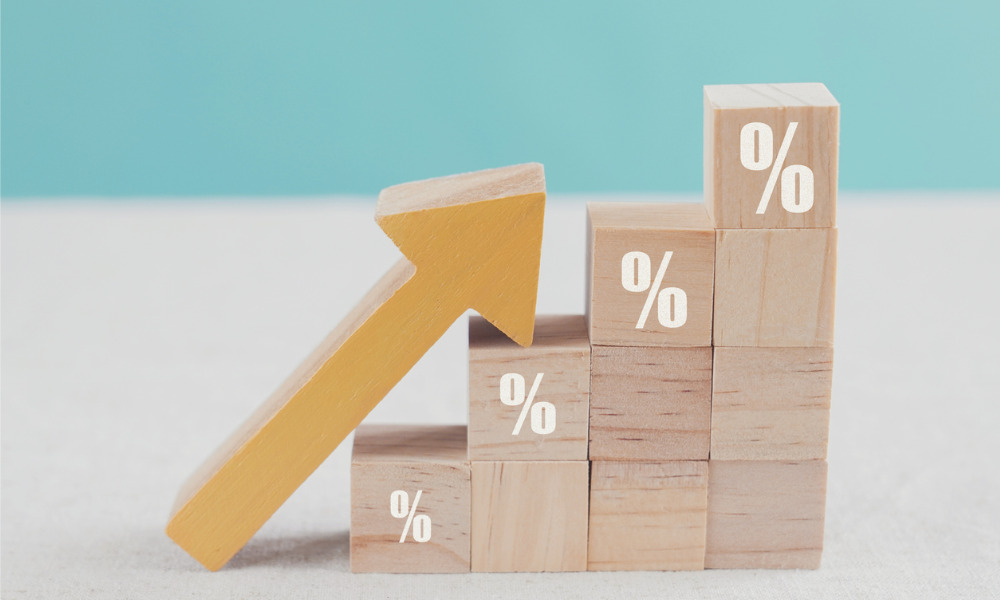

Vice President Kamala Harris is advocating for a corporate tax rate increase to 28 percent as part of her presidential campaign.
The proposal, reported by multiple news outlets, seeks to reverse a portion of former President Donald Trump’s 2017 Tax Cuts and Jobs Act, which reduced the corporate tax rate from 35 percent to 21 percent.
Harris’ plan aims to generate significant revenue to fund her economic agenda while addressing wealth inequality.
In a statement to NBC, Harris campaign spokesperson James Singer emphasized that the tax increase is intended to be "a fiscally responsible way to put money back in the pockets of working people and ensure billionaires and big corporations pay their fair share.”
The campaign argues that raising the corporate tax rate would bring in hundreds of billions of dollars over the next decade. The nonpartisan Congressional Budget Office estimates that a 1-percentage-point hike in the corporate rate could raise about $100 billion in revenue over ten years.
This proposal marks Harris’ first concrete effort to finance her broader policy platform since launching her presidential bid. The increase aligns with President Joe Biden’s similar stance, though it’s a watered-down version of Harris’ 2020 presidential campaign proposal, which called for fully repealing Trump’s tax cuts and returning the corporate tax rate to 35 percent.
Harris’ plan comes on the heels of her recently announced economic package, which focuses on providing relief for middle- and lower-income families. The package includes measures to make housing, groceries, health care, and child rearing more affordable, while also offering expanded tax credits.
Estimates from the Committee for a Responsible Federal Budget suggests that raising the corporate tax rate could help reduce the deficit by $1 trillion over the next decade, while Harris' economic package would carry a price tag of $1.7 trillion over the next 10 years, reported CNN.
Former President Trump has taken a stand at the opposite corner of the fiscal policy ring, promising further tax cuts, including lowering the corporate rate to as low as 15 percent if he is re-elected.

Plus, a $400 million Commonwealth team departs to launch an independent family-run RIA in the East Bay area.

The collaboration will focus initially on strategies within collective investment trusts in DC plans, with plans to expand to other retirement-focused private investment solutions.

“I respectfully request that all recruiters for other BDs discontinue their efforts to contact me," writes Thomas Bartholomew.

Wealth tech veteran Aaron Klein speaks out against the "misery" of client meetings, why advisors' communication skills don't always help, and AI's potential to make bad meetings "100 times better."

The proposed $120 million settlement would close the book on a legal challenge alleging the Wall Street banks failed to disclose crucial conflicts of interest to investors.
Orion's Tom Wilson on delivering coordinated, high-touch service in a world where returns alone no longer set you apart.
Barely a decade old, registered index-linked annuities have quickly surged in popularity, thanks to their unique blend of protection and growth potential—an appealing option for investors looking to chart a steadier course through today's choppy market waters, says Myles Lambert, Brighthouse Financial.
